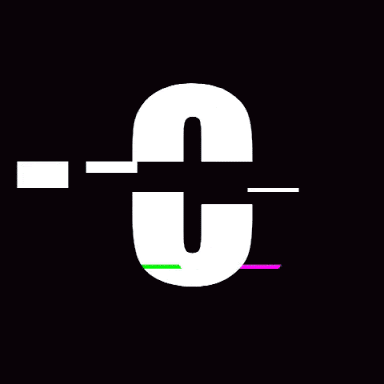This course is designed to provide students with the foundation of mathematical skills involving differential and integral calculus that they will need in their major programs. Topics include: an in-depth study of partial differential equations, curvature, envelopes, evolutes, volume and surface revolution. Emphasis will be placed on both acquiring skills and on gaining a deeper understanding of the concepts behind the techniques. Thus it is applied to Geometry, Mechanics and other branches of Physics and also Social Sciences such as Economics and Psychology.
- Teacher: NAGENDRA KUMAR GOLLAPUDI
Course Summary
This course is aimed at concepts of programming language and software coding. The special track is organized as a series of lectures, practical and exercises for learning C programming language (syntax, grammar and lexical rules) and focusing on discussing how to write a program of moderate complexity by using C language to perform a task.
Course Objective
The purpose of this course is to insinuate to students the field of programming using C language. C is a programming language that is both versatile and popular, allowing it to be used in a vast array of applications and technologies. It can, for example, be used to write the code for operating systems, much more complex programs and everything in between. Its simplicity and flexibility are largely because it can function independently of machines, which has lent itself to becoming one of the foundational programming languages in the industry therefore learning one such language will help students to be able to enhance their analyzing and problem solving skills and use the same for writing programs in C and learn how to build software.

- Teacher: MAHANTA CHAUHAN
- Teacher: ANU VICTOR
This Course includes an interdisciplinary core topic which encourages students to explore the social, aesthetic, ethical, scientific, and technical aspects of environmental questions; concentrations that allow students to approach these questions with more focused knowledge and methodological tools; a community-engaged research course.
- Teacher: TIRUMALA SRINIVAS .K
The course addresses the English language needs of the students at the undergraduate level. The focus will be upon five categories: Prose, Poetry, Vocabulary, Soft Skills and Grammar. In addition to these, the last two units focus on developing the speaking skills of students. Overall the course will focus upon the critical thinking faculties of the students concerning academic, linguistic, political, literary and ethical concepts.
The syllabus has been designed to develop the linguistic and communicative competence of undergraduate students. The teachers also ask comprehension questions to stimulate discussion and based on the discussions the students are made to write short paragraphs /essays and participate in group discussions.
- Teacher: Dr SAIKIRAN D
course summary:
The objective of the course is to understand the difference between open and closed circuits,apply fundamental theorems and analysis techniques to electrical networks, analyze transient and steady state responses of electrical circuits
- Teacher: SOWJANYA D